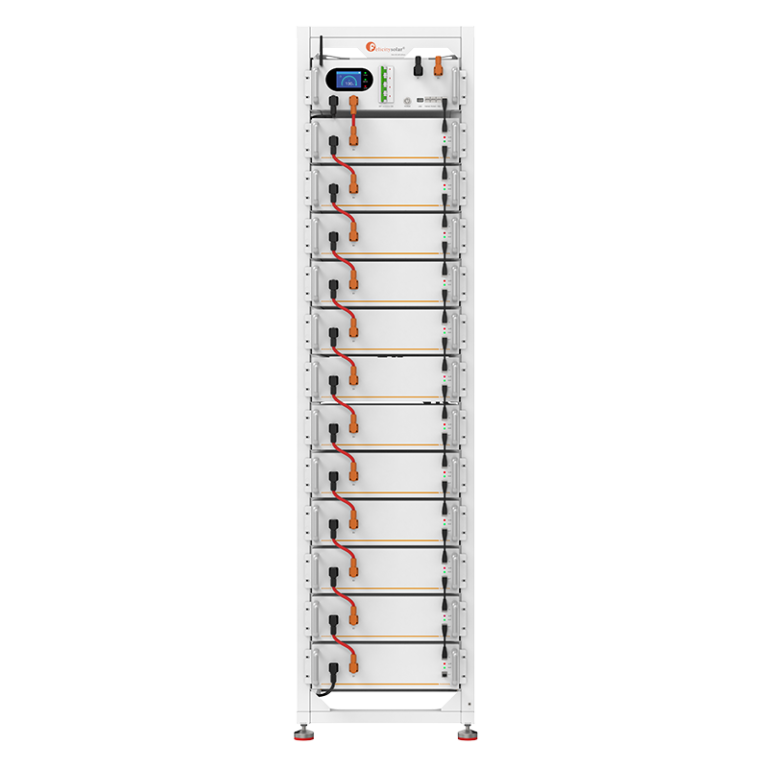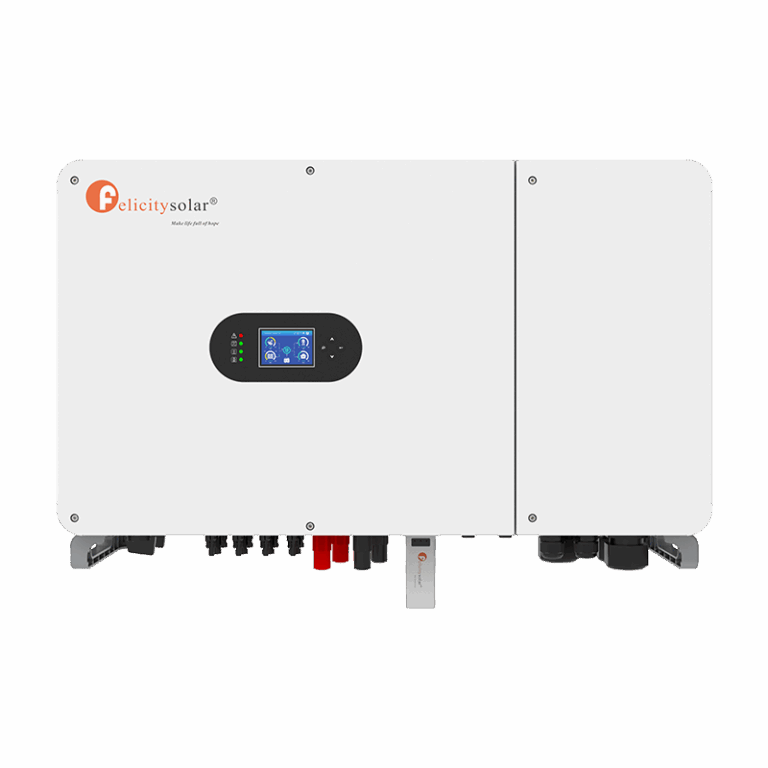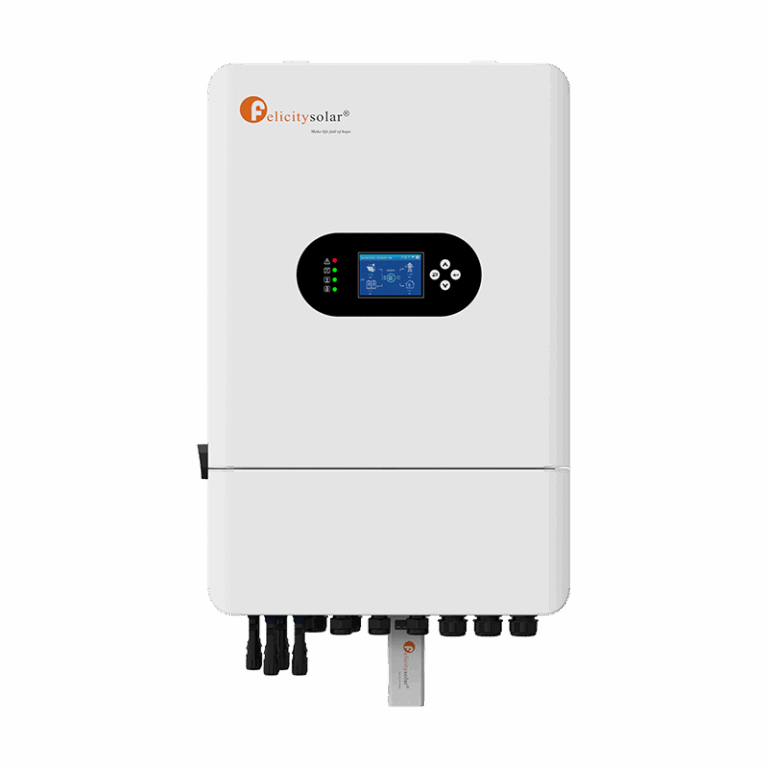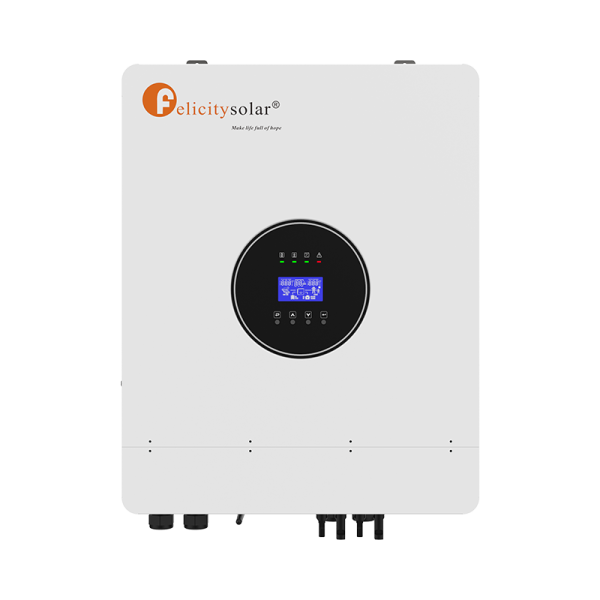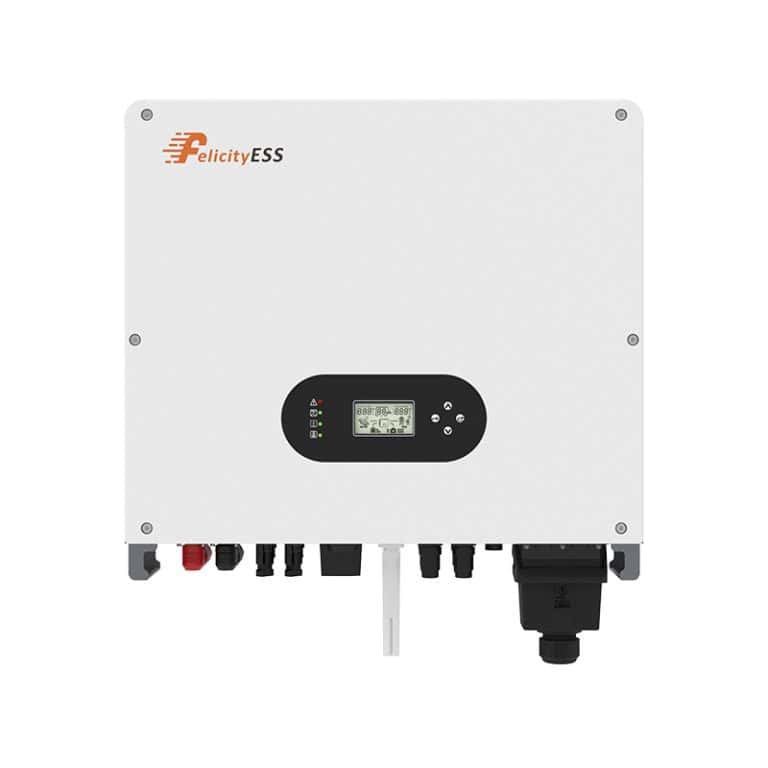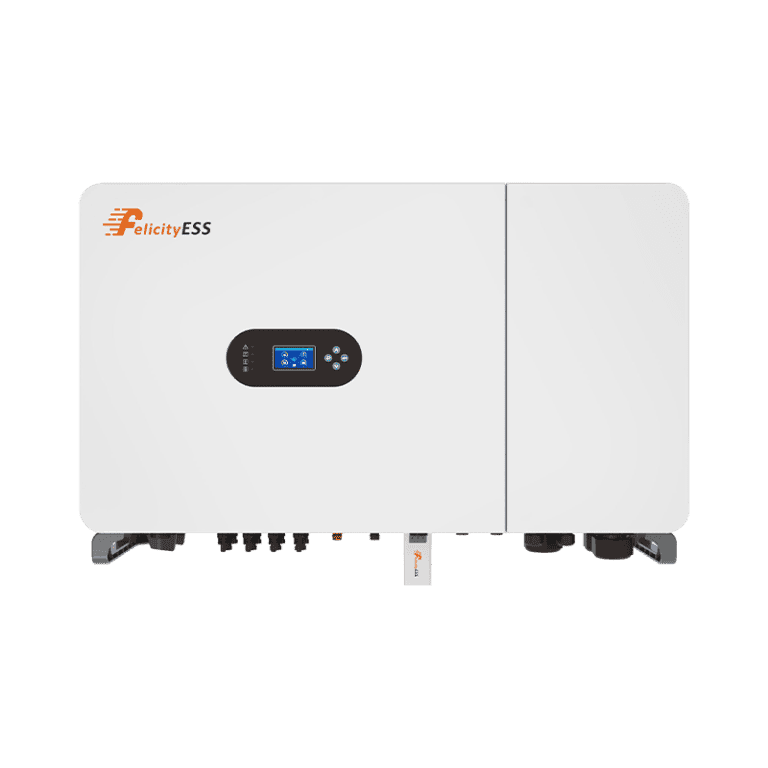System inwerterów słonecznych odgrywa kluczową rolę w przetwarzaniu prądu stałego (DC) z paneli słonecznych na prąd przemienny (AC) do użytku domowego lub biznesowego. Mogą jednak wystąpić problemy z przepięciem prądu przemiennego, prowadzące do wyłączenia falownika lub nawet uszkodzenia urządzeń. Zrozumienie przyczyn, zdiagnozowanie problemu i wdrożenie środków naprawczych może zapobiec długotrwałym uszkodzeniom i zapewnić wydajne zasilanie.
Przyjrzyjmy się najczęstszym przyczynom przepięć prądu przemiennego, sposobom ich rozwiązywania i jakie kroki podjąć, aby zapobiec takim zdarzeniom w przyszłości.
Przyczyny przepięć prądu przemiennego w systemie falownika fotowoltaicznego
Przepięcie AC ma miejsce, gdy falownik napięcie wyjściowe przekracza dopuszczalny próg. Może to prowadzić do nieefektywności lub uszkodzenia systemu. Poniżej znajdują się główne przyczyny:
- Wahania napięcia sieciowego: Sieć energetyczna działa w zakresie napięcia określonym przez dostawcę usług energetycznych. Jeśli jednak napięcie sieciowe wzrośnie powyżej dopuszczalnych granic, w falowniku mogą wystąpić problemy z przepięciem.
- Niewłaściwe ustawienia falownika: Nieprawidłowa konfiguracja falownika, np. ustawienie zbyt wysokiego limitu napięcia AC, może prowadzić do częstych problemów z przepięciami.
- Problemy z okablowaniem: Wadliwe, luźne lub nieprawidłowo podłączone okablowanie może powodować nieregularne skoki napięcia. Kable niskiej jakości mogą również powodować opór, wpływając na regulację napięcia.
- Nadmierna wydajność systemu: Jeśli panele słoneczne wytwarzają więcej mocy, niż jest w stanie obsłużyć falownik, nadmiar energii może prowadzić do skoków napięcia, powodując ostrzeżenia o przepięciu prądu przemiennego.
Jak rozpoznać problemy związane z przepięciem prądu przemiennego?
Wczesne rozpoznanie przepięcia prądu przemiennego pomaga zapobiegać awariom sprzętu. Oto kilka typowych znaków:
- Częste wyłączenia falownika: Wiele falowników wyłącza się automatycznie po wykryciu nadmiernego napięcia, aby zapobiec uszkodzeniom.
- Komunikaty o błędach na wyświetlaczu falownika: Niektóre nowoczesne falowniki fotowoltaiczne udostępniają powiadomienia o przepięciach, co ułatwia zdiagnozowanie problemu.
- Migające światła lub awarie urządzenia: Nadmierne napięcie może mieć wpływ na urządzenia gospodarstwa domowego, powodując ich nieoczekiwane wyłączenie.
- Pomiar napięcia za pomocą multimetru: Za pomocą multimetru można sprawdzić napięcie wyjściowe prądu przemiennego. Jeśli przekracza standardowy zakres sieci (zwykle 220–240 V w przypadku większości konfiguracji mieszkaniowych), występuje stan przepięcia.
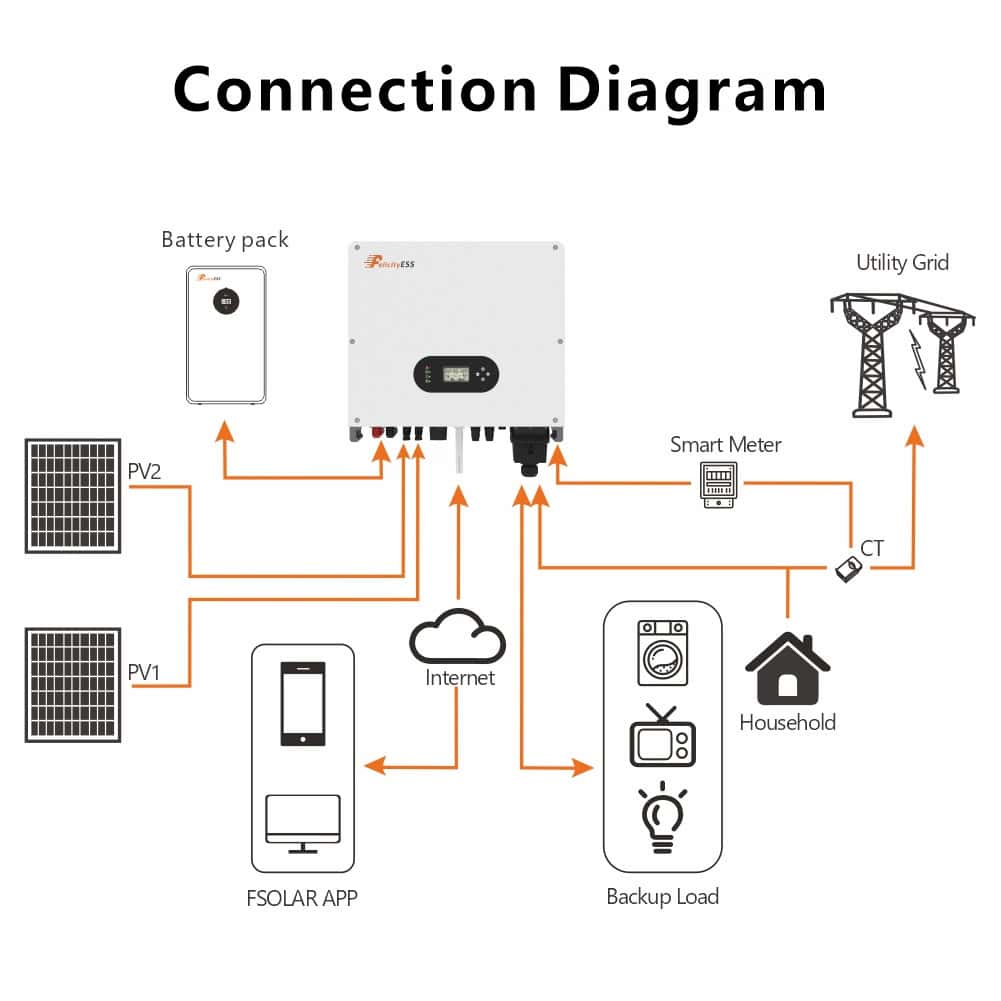
Środki zapobiegawcze zapobiegające przepięciom prądu przemiennego
Zapobieganie przepięciom prądu przemiennego zapewnia trwałość systemu inwertera fotowoltaicznego i zapobiega częstym przestojom. Oto, co możesz zrobić:
- Wybierz odpowiednią wydajność falownika: Zawsze instaluj falownik o wystarczającej mocy, aby obsłużyć maksymalną energię wyjściową z paneli słonecznych.
- Zainstaluj urządzenia przeciwprzepięciowe: Ochronniki przeciwprzepięciowe pomagają absorbować nadmierne napięcie, zapobiegając jego wpływowi na falownik.
- Regularna konserwacja systemu: Przeprowadzaj rutynowe kontrole okablowania, połączeń i poziomów napięcia, aby zidentyfikować potencjalne problemy, zanim się eskalują.
- Przejdź na inteligentny falownik: Niektóre zaawansowane falowniki mogą automatycznie dostosowywać ustawienia napięcia w celu dostosowania ich do wahań sieci.
Kiedy szukać profesjonalnej pomocy?
Nie wszystkie problemy z przepięciami można rozwiązać samodzielnie. Powinieneś skonsultować się z technikiem zajmującym się instalacjami solarnymi, jeśli:
- Falownik często wyłącza się pomimo regulacji.
- Napięcie sieciowe pozostaje niezmiennie wysokie nawet po zgłoszeniu tego zakładowi energetycznemu.
- Okablowanie i elementy systemu wydają się być w dobrym stanie, ale występuje przepięcie.
Przepięcie prądu przemiennego w systemie inwertera fotowoltaicznego może zakłócić wytwarzanie energii i uszkodzić podłączone urządzenia. Zrozumienie przyczyn, zastosowanie zorganizowanego podejścia do rozwiązywania problemów i wdrożenie środków zapobiegawczych może pomóc w utrzymaniu stabilnego i wydajnego systemu energii słonecznej.
Jeśli pomimo usunięcia problemów z przepięciem nadal występują, skontaktuj się z wykwalifikowanym technikiem, aby zapewnić bezpieczeństwo systemu i jego długoterminową wydajność.



